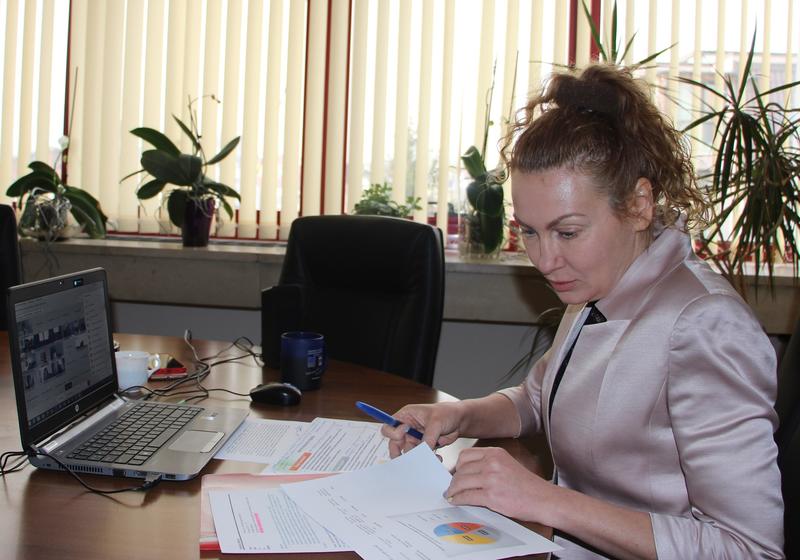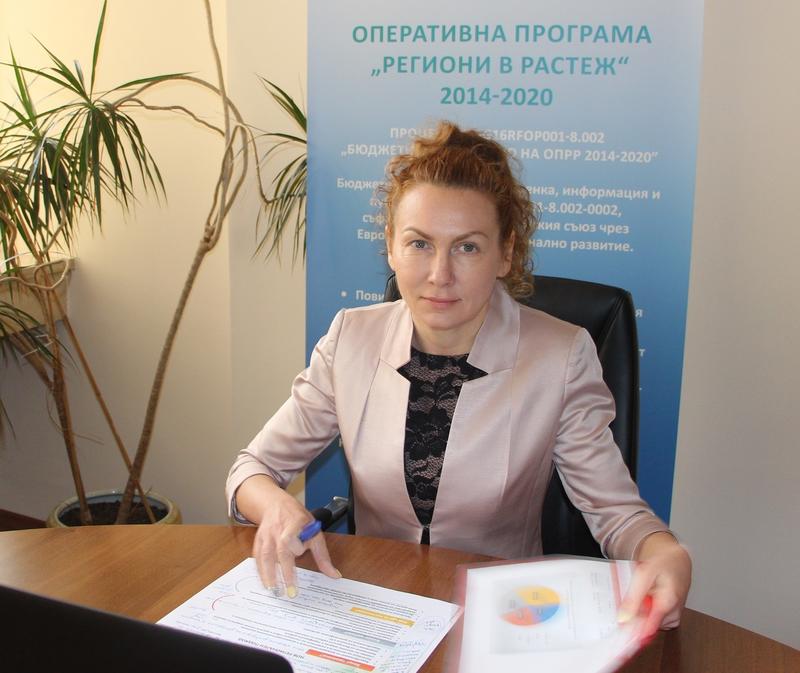The Mayor of Plovdiv Municipality will chair the Regional Development Council of the South central region
The Mayor of Plovdiv Municipality will chair the Regional Development Council of the South central region
By Ministry of Regional Development and Public Works
The populated areas of the 5 districts in the region receive about 16% of the budget of the new Regional Development Programme
The settlements in the South central planning region will receive about 16% of the total resources of the instrument for integrated territorial investments under the new Regional Development Programme (RDP) in the period until 2027. The resource also includes 10% of the budgets of the remaining European programmes in order to carry out the project intentions without division of the municipalities into urban and rural. Plovdiv, as a growth centre in the region, will also receive funding under the urban development measure of the new RDP, and together with Burgas and Stara Zagora will be included in a separate cluster budget for the implementation of investment projects. This was stated by the Deputy Minister of Regional Development and Public Works and Head of the Managing Authority of the programme - Denitsa Nikolova, during the first meeting of the Regional Development Council of the South Central Region, which was held online.
The members elected the mayor of Plovdiv - Zdravko Dimitrov as the chairman of the council and the mayor of Kardzhali -Hasan Azis as the vice-chairman.
Deputy Minister Nikolova noted that the Regional Development Councils will play an important role in the selection of projects with EU funding and the implementation of integrated measures related to the specificity of the territory. "We are laying the foundations for the implementation of the new regional policy model. Together and in partnership we must work to reduce the imbalances of the territories, both inter-regionally and intra-regionally", Denitsa Nikolova said. The Regional Development Councils are a step in the direction of decentralisation in the management of EU funds, and by strengthening their capacities, in the future, the possibility will be sought to gradually delegate more responsibilities, including the overall management of the implementation process of projects with EU funding, she said. "The development of regions and territories must comprehensively cover all funding sources in order to reduce imbalances," the Deputy Regional Minister stressed.
Denitsa Nikolova reminded that a novelty in the implementation of the programmes in the programming period until 2027 are the integrated territorial investments at the national level, which means that the investment process must be tailored to the needs and specifics of the territory, as well as the position of the leadership of small and larger settlements and the population. In this way, the right balance will be sought in terms of the investments to be implemented in the area. The key principle of the new approach is partnership, and all stakeholders must be involved in identifying projects.
"The roles and functions of the regional development councils are not unimportant in the selection of investments with European funding and we will rely on cooperation and responsibility because the decisions will determine the investments in all European programmes as well as those for cross-border and transnational cooperation," the deputy regional minister said. "We have an important task ahead of us for the development of the country and the regions. We have to think comprehensively and with a strategic view, not only from the prism of our own locality, municipality, region. The future and the living standard of the people will depend on our decisions," Deputy Minister Nikolova further noted.






